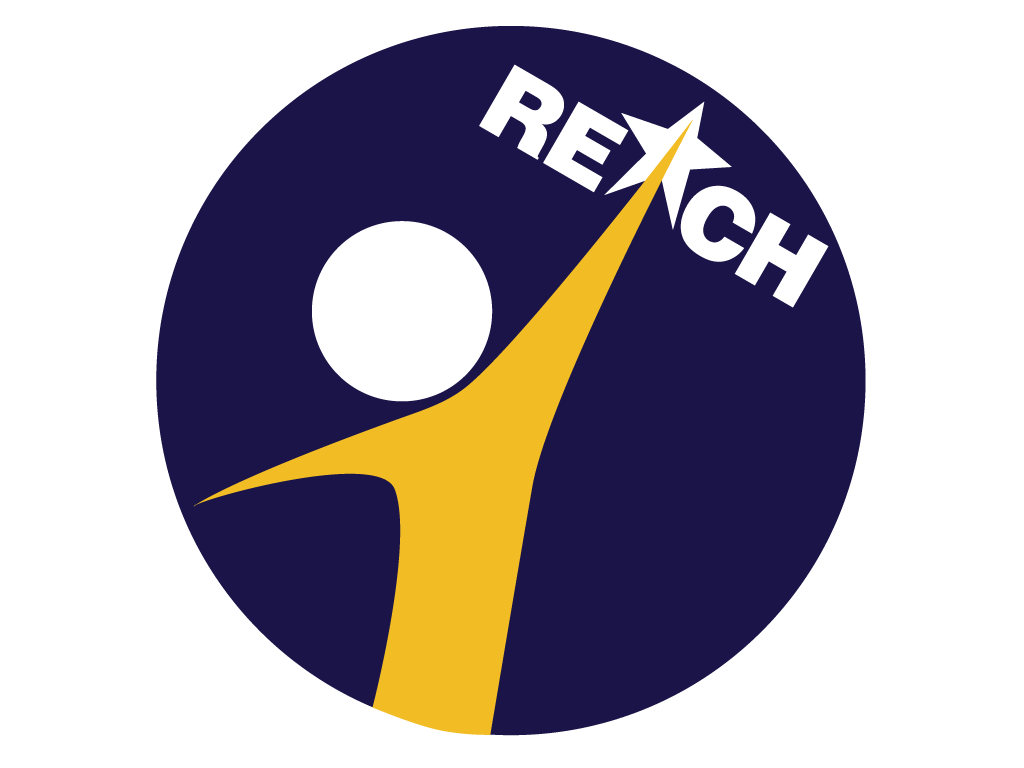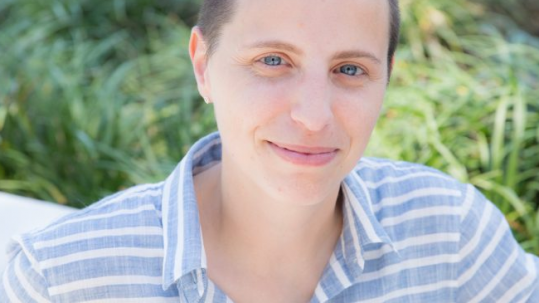ReACH Lab Director, Dr. Elisa Trucco, was interviewed by two media companies in relation to the One Chip Challenge. In an article published by AP News on September 11th, 2023, author Wyatte Grantham-Philips details the recent social media trend and references a Massachusetts teen’s death that is allegedly tied to the challenge. The author quotes Dr. Trucco explaining how there is a “‘glamorization of these challenges on social media'”. She further elaborates how “‘You see a lot of ‘likes’ or comments (indicating) social status or popularity from these challenges, but you don’t see a lot of the negative consequences — like the trips to the E.R. or other injuries.'” Wyatte Grantham-Philips then quoted Dr. Trucco again at the end of the article: “‘There’s a reason why these challenges are appealing,'” and that, “‘This type of marketing sells.'” In another interview conducted over the radio by Corus Entertainment Inc. on September 13th, 2023, Dr. Trucco explains how adolescents are most vulnerable to these social media challenges. She also explains how adolescents in general are more susceptible to risk-taking behaviors and provides Juuls as an example. She elaborates on the biological reasoning for the vulnerability of adolescents: “reward centers of the brains, such as those activated when gaining social status and popularity…, develops much more quickly than areas of the brain having to do with decision making or stopping to think about possible consequences.” When asked about how to protect kids from these challenges and trends, Dr. Trucco replied that “this problem really involves various people taking action.” She continues stating, “More generally, in terms of what we could do for these challenges, [it is important for parents to] stay on top of these trends, to not only keep their eyes out for these products in the home but also to have open conversations with their children about these challenges and potential negative consequences.”...

















